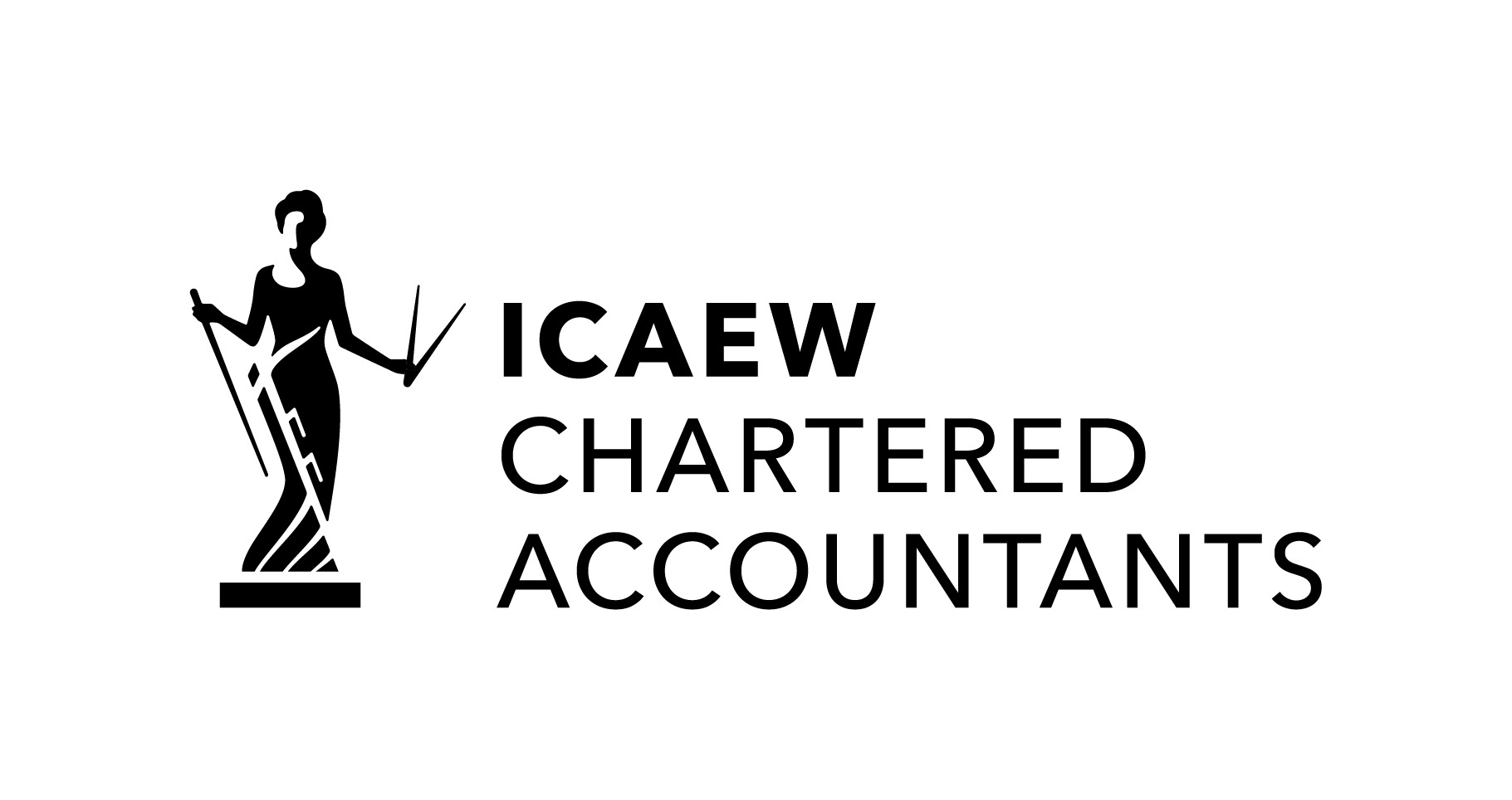Probate services
What is probate?
If you are based in South Wales, we can help you by using our probate services. Probate is the process of applying for the legal right to deal with the deceased’s estate. When a person makes a will, they usually appoint an executor(s) to deal with their estate when they die.
An executor is the person, or persons, who has the responsibility to administer the estate according to the deceased’s last wishes and will. This includes collecting all the deceased’s assets and possessions and paying all their liabilities, including Inheritance Tax if applicable.
When is probate required?
Probate is typically required when a person’s death sees them leave behind assets that need to be distributed among their heirs or beneficiaries. Probate is a legal process that validates and executes the deceased individual’s will, ensuring that their final wishes are carried out.
This probate process becomes necessary when the deceased owns assets solely in their name, such as real estate, bank accounts, or personal property, without joint ownership or designated beneficiaries.
Probate provides a legal framework for the identification, valuation and distribution of the deceased’s estate, as well as settling outstanding debts and taxes.
The probate process
The probate process consists of several key steps, beginning with the acquisition of the death certificate, followed by determining the existence of a valid will and identifying the appointed executors or administrators. Each of these stages plays a crucial role in navigating the complexities of probate and ensuring that the deceased’s final wishes are appropriately honoured.
Obtaining the death certificate
The first step in the probate process is obtaining the death certificate of the deceased individual. This official document is usually issued by the registrar of births, deaths, and marriages. The death certificate is crucial for initiating probate proceedings and serves as proof of the individual’s passing.
Determining if a will exists
Once the death certificate is obtained, the next crucial step is to determine if the deceased left a valid will. If a will exists, it outlines the deceased’s wishes regarding the distribution of their estate, appointment of executors, and other important instructions. The presence of a will significantly influences the probate process, as it provides a legal roadmap for administering the estate and other assets.
Identifying the executors or administrators
If a will is present, it typically designates one or more individuals as executors. Executors are responsible for overseeing the probate process, ensuring that the deceased’s wishes are carried out, and managing the distribution of assets.
In cases where there is no will or the appointed executors are unwilling or unable to act, administrators will be responsible according to the law of intestacy or may be appointed by the court to fulfil similar responsibilities. Identifying and confirming the executors or administrators is a crucial step in initiating the probate process in the UK.
Probate without a will
If you pass away without a valid will, you are considered to have died intestate, and specific rules dictate the distribution of your estate.
Under current Intestacy rules, if your estate is valued at less than £322,000 and you have a surviving spouse or civil partner, they inherit the entire estate. Similarly, if you have a surviving spouse or civil partner with no children, they inherit the remaining estate, even if it exceeds £322,000.
In the presence of both a spouse or civil partner and children, the spouse or partner inherits the initial £322,000 plus personal possessions. The rest is divided, with half going to the spouse and the other half to the children. If any children are under 18, their share is held in a statutory trust until they reach that age.
Administrators, not necessarily chosen by you, will handle your estate. Unmarried individuals without a will can leave their partners without inheritance rights. This underscores the importance of making a will during your lifetime to ensure your estate is distributed according to your wishes, rather than predetermined rules.
Valuing the estate
Gathering information on assets and debts
The process of valuing an estate begins with the meticulous gathering of information on the deceased person’s assets and liabilities.
This includes identifying and documenting all financial holdings such as bank accounts, investments, real estate, personal property, all life insurance policies and any business interests.
It is essential to compile a comprehensive list of the deceased’s possessions, taking into account their market value at the time of death.
Simultaneously, the executor or administrator must ascertain any outstanding debts or obligations, including loans, mortgages, and unpaid bills. Thorough documentation ensures an accurate representation of the deceased’s financial situation and forms the basis for determining the net value of the estate.
Calculating the estate value for tax purposes
Once the assets and liabilities are identified, the next crucial step is to calculate the estate value, a key component for tax purposes.
In the United Kingdom, certain thresholds exist for determining whether the estate is subject to inheritance tax.
The total value of the estate, minus any allowable deductions or exemptions, is used to determine the tax liability. Executors or administrators must consider factors such as the residence nil-rate band, charitable donations, and other applicable allowances when calculating the taxable estate.
Accurate valuation is crucial not only for complying with tax regulations but also for ensuring the fair and legal distribution of assets among beneficiaries.
Seeking professional advice or assistance from financial experts can be beneficial to navigate the complexities of valuing an estate for tax purposes and to optimise the distribution process.
Applying for the Grant of Probate
Most institutions such as banks and building societies will require proof that the executor has the legal right to deal with the estate and will ask for what is known as “the Grant of Probate” before they will release the funds they are holding for the deceased. This of course provides protection and safeguards both for the executor and financial institutions against fraud and any future legal claims.
Once the grant has been obtained which takes on average 4-8 weeks then the executor can set about realising all the assets held by the deceased, pay any liabilities eg: tax and funeral costs deal with any property matters arising and administer the estate as set out in the will.
Completing the probate application
Completing the probate application is a crucial step in the probate process, marking the formal initiation of proceedings to administer the deceased person’s estate.
This application involves preparing and submitting the necessary legal documents to the relevant court, providing detailed information about the deceased’s assets, liabilities, and the intended distribution plan as outlined in the will.
Executors or administrators typically need to obtain the death certificate, and the original will (if one exists), and compile an inventory of the deceased’s assets and debts. The application also includes a comprehensive breakdown of the estate’s value for tax assessment purposes.
Throughout this process, attention to detail is paramount to ensure the accuracy and validity of the application.
Legal professionals or probate specialists are often consulted to guide individuals through the intricacies of completing the probate application, ensuring compliance with local regulations and expediting the probate proceedings smoothly and efficiently.
Paying inheritance tax and other debts
Once the probate application is submitted and the estate’s value is assessed, attention turns to settling outstanding financial obligations, including inheritance tax and other debts.
Executors or administrators play a pivotal role in ensuring the timely payment of any applicable inheritance tax. This involves calculating the tax liability based on the estate’s value, applying relevant exemptions, and liaising with tax authorities to fulfill legal obligations.
Additionally, other outstanding debts, such as mortgages, loans, or unpaid bills, must be identified and settled from the deceased’s assets. Prioritising these financial obligations is crucial to safeguard the estate’s integrity and facilitate a fair inheritance tax distribution among beneficiaries.
Executors often seek professional advice to navigate the complexities of when and how to pay inheritance tax and other inheritance tax forms and regulations, ensuring compliance while maximising available allowances to mitigate the tax burden.
Clear communication with creditors and a strategic approach to debt settlement contribute to the efficient administration of the estate, including inheritance tax, aligning with the deceased’s final wishes and legal requirements.
Dealing with assets and distributing the estate
As the probate process progresses through the settlement of inheritance tax, debt obligations, and the valuation of assets, the subsequent steps revolve around the intricate task of dealing with assets and distributing the estate.
This multifaceted phase encompasses accessing and transferring various holdings, selling valuable properties or items, and ultimately disbursing the assets among the designated beneficiaries.
Executors or administrators shoulder the responsibility of navigating legal processes, coordinating with financial institutions, and ensuring compliance with the deceased’s wishes as outlined in the will.
From unlocking access to assets to orchestrating the sale of properties, this stage requires meticulous attention to detail.
The final act involves the equitable distribution of the estate, ensuring each beneficiary receives their designated share.
Accessing and transferring assets
With the inheritance tax and outstanding tax debts settled, the focus shifts to accessing and transferring the deceased’s assets.
Executors or administrators must navigate the legal intricacies of obtaining access to various assets, including bank accounts, investments, pension funds and personal possessions. This often involves presenting the granted probate or letters of administration to financial institutions and relevant authorities.
Transferring assets may require coordination with multiple entities, and meticulous record-keeping is essential throughout this process.
Selling property and other valuable items
In cases where the deceased owned real estate or valuable items, such as art collections or vehicles, the probate process may involve selling these assets to generate liquidity for the estate or to fulfill specific bequests outlined in the will.
Executors are responsible for overseeing the sale, ensuring a fair market value is obtained, and addressing any legal requirements associated with the transfer of ownership.
The proceeds from such sales contribute to the overall estate value, impacting the subsequent distribution among beneficiaries.
Distributing assets to beneficiaries
The final phase involves the actual distribution of the estate to the designated beneficiaries.
Executors must adhere to the instructions laid out in the will, ensuring that each beneficiary receives their allocated share of the estate. This process may involve transferring specific assets directly to beneficiaries, such as bequeathed properties or personal possessions.
Financial assets may be distributed in the form of cash or through the establishment of trusts, depending on the terms outlined in the will.
Executors play a pivotal role in communicating with beneficiaries, addressing any queries, and overseeing a smooth and equitable distribution process, thereby bringing closure to the probate proceedings.
Legal guidance may be sought to navigate complexities and ensure compliance with the deceased’s wishes and applicable laws.
How much does probate cost?
The cost of probate can vary based on a range of factors. Generally, you pay probate fees, and the expenses associated with probate include court fees, which are determined by the estate’s value.
Additional expenses may arise, such as fees for professional services, including solicitors or probate specialists, especially if their assistance is sought in navigating the legal intricacies of the process.
Smaller estates or those with straightforward circumstances might incur lower costs, while larger or more complex estates can lead to higher probate expenses. Contact us and we’ll talk you through our complete probate service.
Probate services in Cardiff and South Wales
Get help with probate
As part of our probate services we can help you apply for probate through the correct channels, guiding you through the process and assisting with the necessary parts to avoid delays, making sure we have the correct information from you at all times.
With offices based in Cardiff, Bridgend and Pontyclun, we’ve helped people just like you across South Wales. Our knowledge, care and intuition are key to making the probate process as painless as possible. Contact us today to find out more about our probate services.
Wills and probate Cardiff
We’re excited to find out what we can do for you. Be it a dedicated service or a general inquiry, let’s chat and find out what the next steps are for you.



